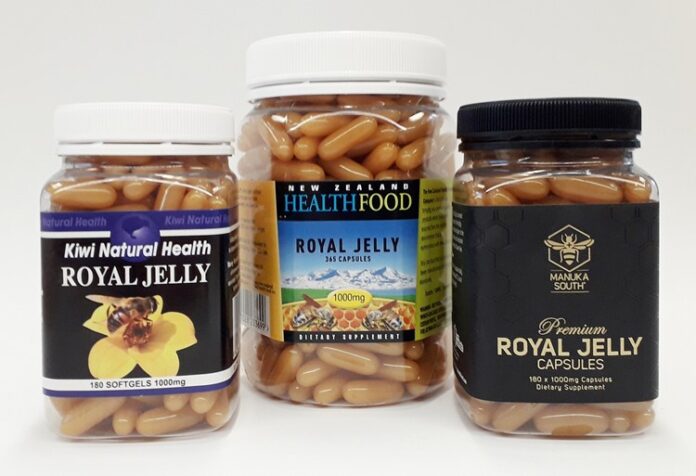Source: MakeLemonade.nz
Otautahi – When is something claimed as 100 percent New Zealand, not from Aotearoa? The answer is Royal Jelly supplements, which has been misleading consumers as being from New Zealand, for years.
New Zealand Health Food Company (NZHFC) has been fined $377,000 after pleading guilty about the origin of ingredients in its royal jelly supplements.
The combination of phrases and images used by NZHFC to market its royal jelly products gave the impression that the products were from New Zealand when the key ingredient came from China.
The Commerce Commission’s investigation showed from December 2015 to December 2020, NZHFC made various representations on product labelling, the company’s websites, social media, and through other marketing channels such as email newsletters, including:
- 100% New Zealand
- Our product range is a selection of some of the finest bee products that New Zealand’s wild and rugged landscapes have to offer
- The New Zealand Health Food Company is dedicated to bringing you premium quality products which have been sourced from the pristine environment that is synonymous with New Zealand.
The images used on the packaging included the silhouette of the Kiwi and map of New Zealand, as well as mountain and pasture imagery.
The commission filed three representative charges against the Christchurch-based company which sold the products under three different brands: New Zealand Health Food, Manuka South and Kiwi Natural Health.
NZHFC trades throughout New Zealand and also exports to overseas markets. The royal jelly in the supplements came from China, royal jelly processing took place overseas, and most of the other ingredients were sourced from overseas. The royal jelly was put into capsules and packaged in New Zealand.
Christchurch District Court Judge Ruth said in sentencing NZHFC the company knew at the start was that its royal jelly was from China.
“The customers must have been entitled to know the origin of the products they were buying and to not say where it came from was at best careless and at worst done deliberately due to the advantage that arose to the potential purchasers’ state of mind and advantage to be gained over the distributors who did abide by the rules,” he said.
There was potential harm to the New Zealand brand in a general sense. NZ products do enjoy something of a clean, green imagery benefit and overseas markets would look with favour on a product said to be produced here.
The commission said it was very disappointing to continue seeing traders using association with New Zealand in a misleading way for commercial gain.



